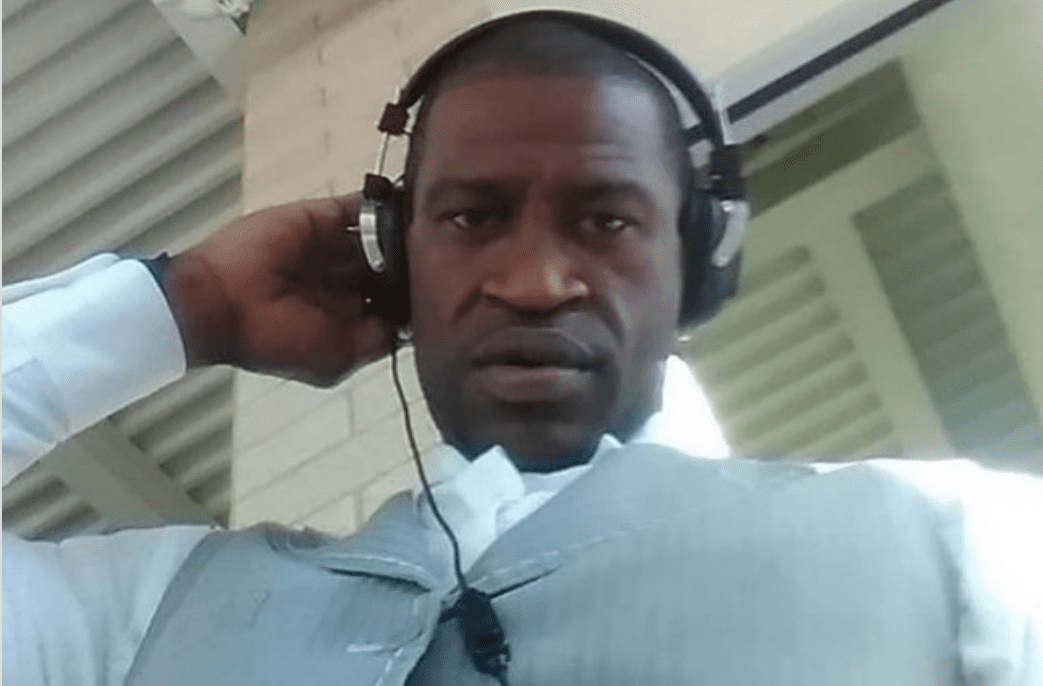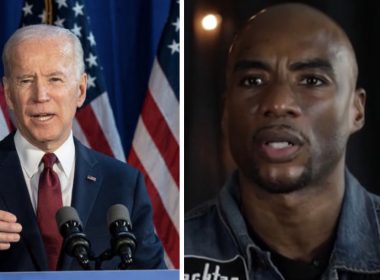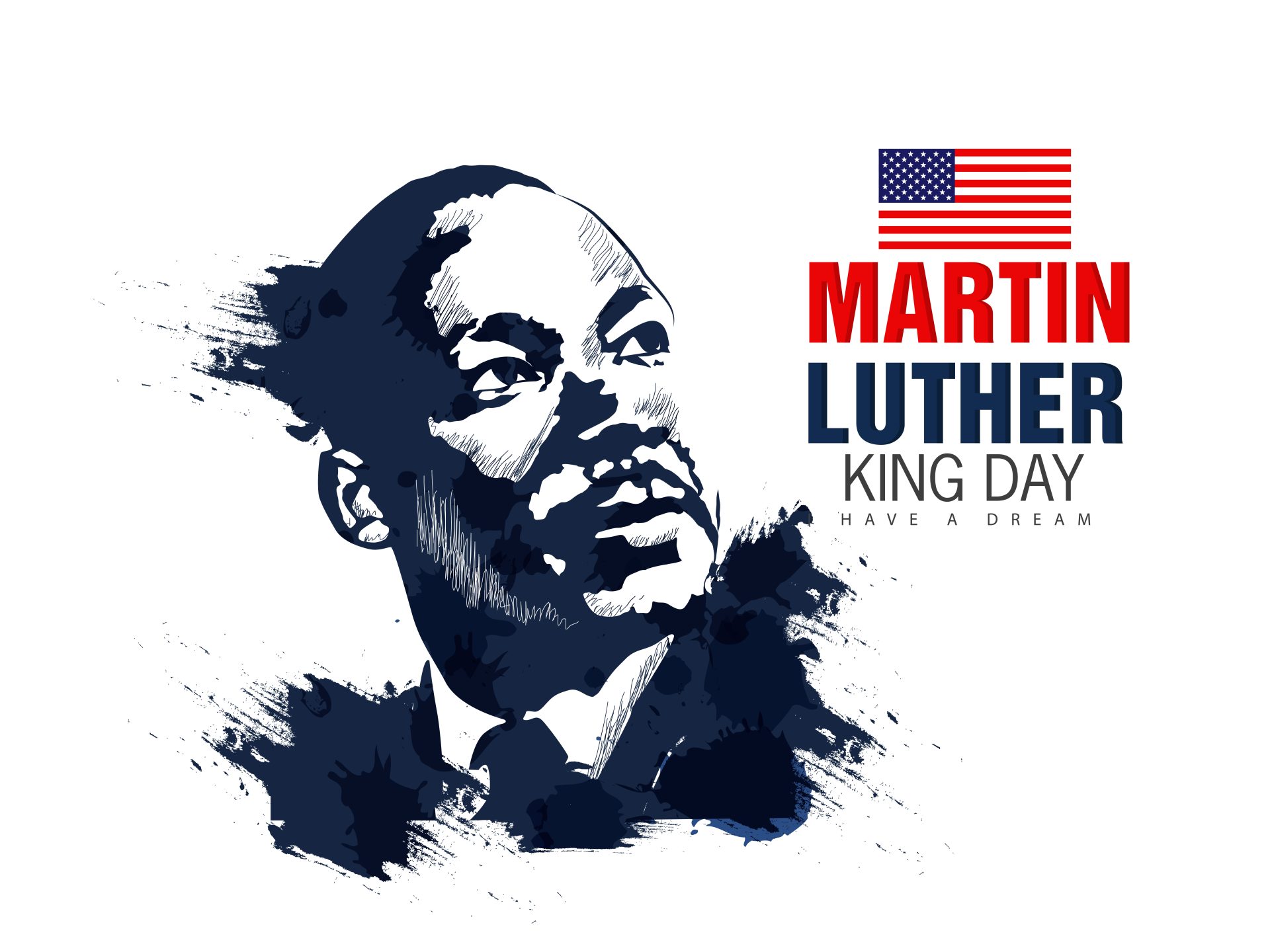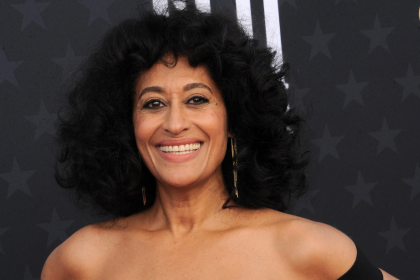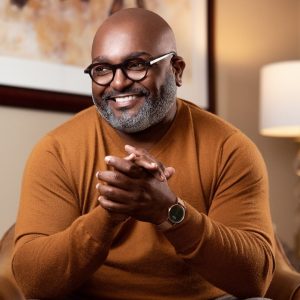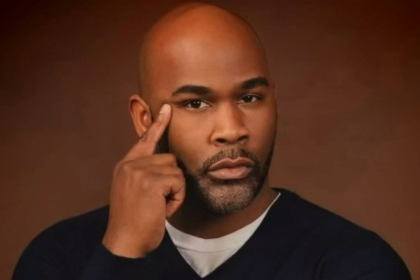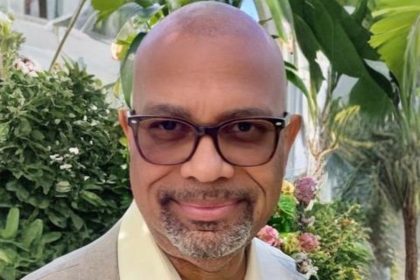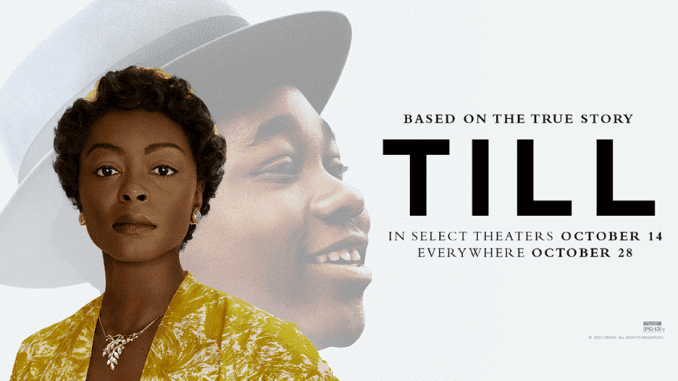
Watching the film Till fuels my journey to continue to fight for equality and advocate for Black men. While there are several things in the movie that spoke to me, it was the uncle’s (Moses Wright) reality that left me speechless. He was in a no-win situation when the white men came to his home to take his nephew. This piece is NOT to compare pain or trauma. However, no one speaks to the uncle’s reality. But I will.
Black men are disenfranchised, emasculated, and disrespected at every turn. Yet, the larger society and our communities expect us to risk our lives, provide and protect. This reality has killed the little boy inside most Black men. As for me, my inner little boy LIVES. For that, I am grateful and sensitive to the journey of Black men. I am equally sensitive to the need for their voices to be heard.
When Ahmaud Arbery was murdered, I challenged media outlets to allow his father Marcus Arbery to speak. He was standing there in support of his son but given no respect. It was as if he wasn’t there or had no feelings about the death of his child. This type of disrespect happens far too often, and it has to STOP. The unfortunate thing is we are feared or shunned when we speak up.
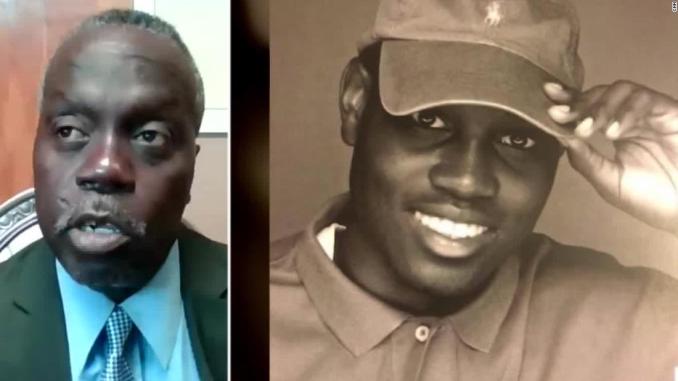
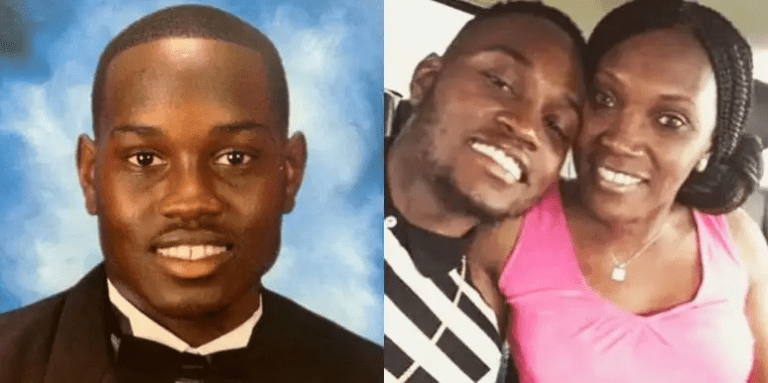
Black men must get into therapy to process their feelings. We are groomed to absorb the unhealthy energy and definitions placed on our Black bodies. So, we take it until we explode from the pressure. By that time, we have either hurt someone or harmed ourselves. Nobody cares why or how we got there. This injustice makes us invisible and dehumanizes our experiences and emotions.
When the son of Regina King and Ian Alexander Sr died, I witnessed the invisibility many Black men face. I reached out to my media contacts to acknowledge his father, who was very present in his life. Condolences were only sent to the mother. I expressed this to a female friend who sarcastically replied, “Does he even have a daddy?” She went on to say that she didn’t know of the father. In fact, she doesn’t even know the mother. We must do better and not generalize.
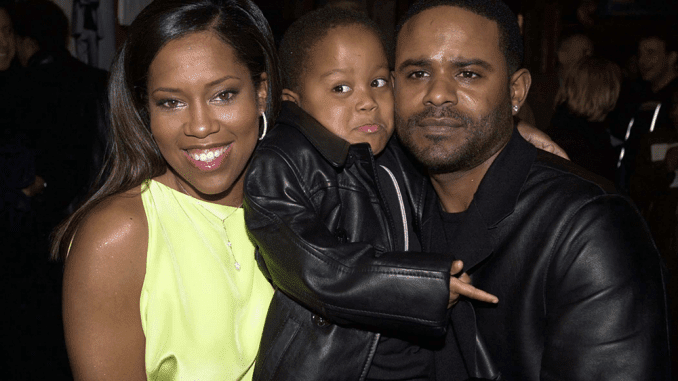
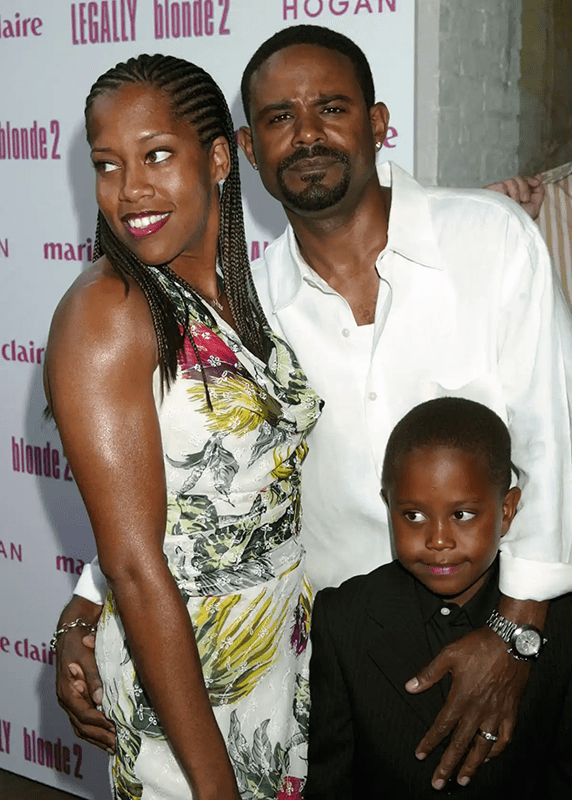
Similar reactions and examples of a lack of empathy for Black male experiences sparked me to create a documentary about Black fathers. The mere act of making the film drove some people to ask, “Did you develop a documentary on Black fathers to make Black women look bad?” I was beyond offended. Nothing about me would suggest that I would ever do such a thing. However, merely sharing and exploring the thoughts of Black men is problematic to many. Sharing our perspectives isn’t against anyone. It is for Black men to heal and become better fathers, uncles, and sons with a voice.
I produced the documentary “What About Me” with my brothers Darryl Pitts and D. Jon Jackson. This project speaks to hearing how Black men feel about their identity in America. Some critics wondered why I would do a documentary about Black men and not include women. The answer is simple: I am on a mission to tell more of our stories because we are human. I will produce other works about Black fathers and men. Till’s story and the complex decisions his uncle faced that fateful night exemplifies the silencing of Black male voices. My mission is to make sure we are heard.


